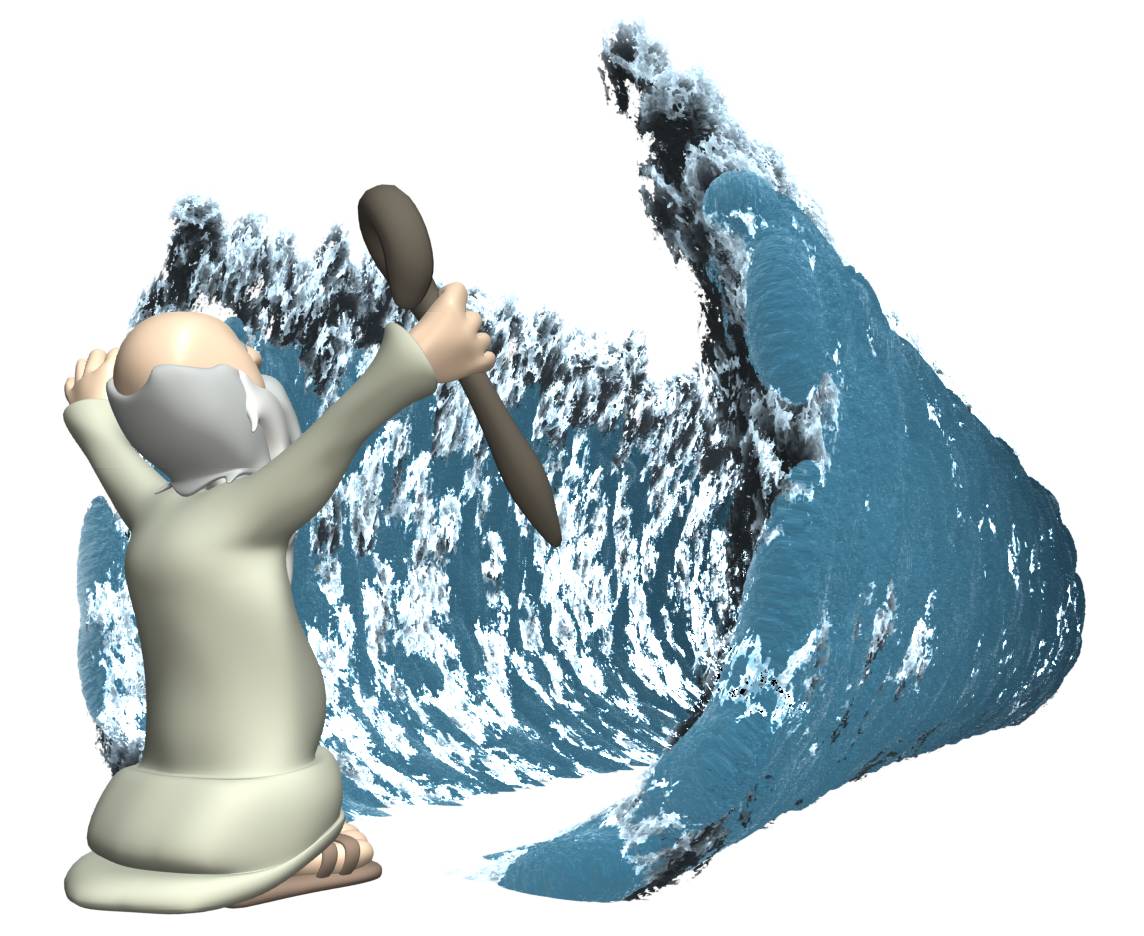
2 Timothy 1
2 Timothy 1:6, Stir up. What in us needs stirring up from time to time? Simply this: boldness to share the gospel with those around us as we discuss in the next verse.
2 Timothy 1:7, Spirit of fear [Gr. deilia]. Deilia denotes “timidity or cowardice.” The opposite of deilia is shame (v. 8), but shame of what? The context is clear here. It shame of the testimony or gospel of Yeshua and of standing up for those who are being persecuted for preaching the gospel (v. 8). For fear of what others will think, too many believers fail to share the gospel with those around them. Yeshua referred to this as putting one’s lamp under a bushel basket when, instead, he called his disciples to be like light on a hill (Matt 5:13–15) and commissioned them to take the gospel to the world (Matt 28:18–20; Mark 16:14–18). For too many saints, the great commission has become the great omission!

What have the saints to fear when Yeshua has given them the victory over sin and death (1 Cor 15:54–56)? Nay, through Yeshua the Messiah, the saint can do all things (Phil 4:13), and has become more than a conqueror (Rom 8:37), for greater is he that is in us than he that is in the world (1 John 4:4). After all, if Elohim is for us, who can be against us (Rom 8:31)? This means that YHVH will give us the boldness to share the gospel message with those around us, even as he gave the early disciples the boldness to do so when they asked him for it in the face of life threatening persecution (Acts 4:23–31).
Power [Gr. dunamis]…love [Gr. agapē]…sound mind [Gr. sōphronismos]. Dunamis refers to miraculous power or strength. Agape denotes “affection or benevolence” and, in Scripture, refers to the love of Elohim for his Son, for the human race, believers for Yeshua, the saints for one another, and is a fruit of the Spirit.
Sōphronismos denotes “a well-balanced, self-controlled or disciplined mind.” In other words, YHVH has equipped the saint with everything he needs to counteract the natural tendency toward fear in difficult situations. We have the miraculous power of the Spirit of Elohim working within us, the fruit of the Spirit of love, and a well-balanced and self disciplined mental state that will give in neither to irrational nor to naturally occurring human fear in the face of difficult situations.
What is Paul saying here in contrast to the spirit of fear or timidity and being ashamed of the testimony of Yeshua (v. 8)? He is declaring that Elohim has given his saints the means, power and ability to share the gospel with those around them and to stand up for the testimony of Yeshua in the face of persecution rather than succumbing to the natural tendency to pull away in timidity or cowardice.
Elsewhere, John declare that there is no fear in love, that perfect love casts out fear, and that the saint’s source of love is from the Father in heaven (1 John 4:18–19). If we are full of the love of Yeshua for others, then we will neither be afraid of what they think nor will we be ashamed to share the gospel with them, for our desire to see them saved will override all fear including that of criticism, mocking or rejection by others. The example of this can be illustrated by a house that is on fire and that contains sleeping occupants who are unaware of the fire that is about to kill them. Without thinking and in total boldness, a good Samaritan will break into the house, rush in yelling and screaming for the people to wake up and escape. He will do so boldly and without concern for what those in the house may think. In a sense, this should be our approach to those around us who are spiritually lost and in danger of being cast into the lake of fire.
2 Timothy 1:9, Before time began.YHVH Elohim established his plan of salvation for mankind through the redemptive life and death of Yeshua the Messiah before the world began (Rev 17:8; Acts 15:18; Rom 16:25; Tit 1:2; 1 Pet 1:20). Additionally, YHVH has chosen each saint through Yeshua before the foundation of the world (Eph 1:14; Rom 87:29–30; 11:2; Acts 18:38). That is, he knew each person by name who would accept his gift of salvation (Rev 13:8; 17:8) and, by implication, he also knew those who wouldn’t. Moreover, the kingdom of Elohim or heaven has been prepared for the saints from or before the foundation of the world (Matt 25:35).
2 Timothy 1:10, Life [Gr. zoe] and immortality [Gr. aphtharsia]. Zoe refers to life in it all of its aspects both in physical and spiritual dimensions. Aphtharsia denotes “incorruptibility or generally unending existence.” Through Yeshua, the saint has both physical and spiritual life that will extend past the final curtain of physical death and will continue unendingly into eternity. This is the message and power of the gospel in a person’s life through a relationship with Yeshua.







